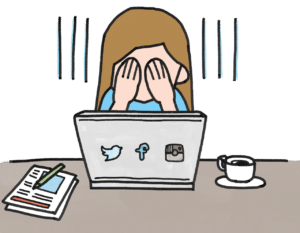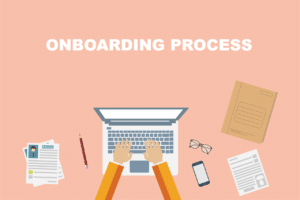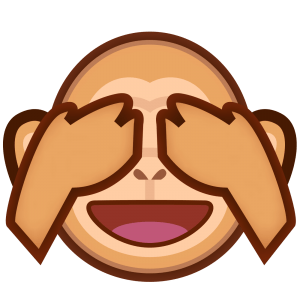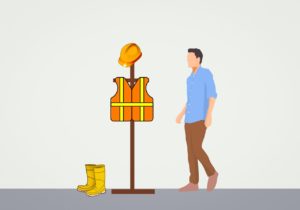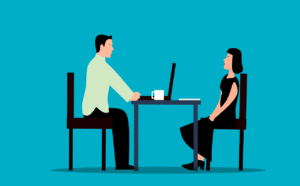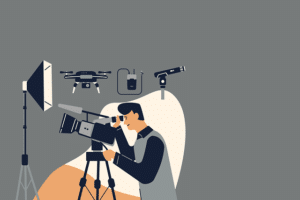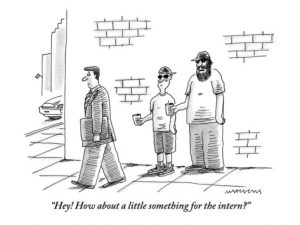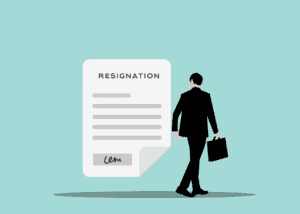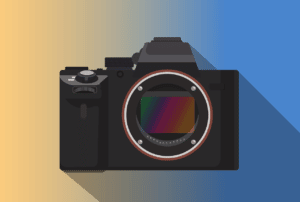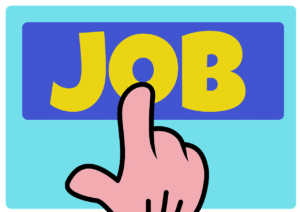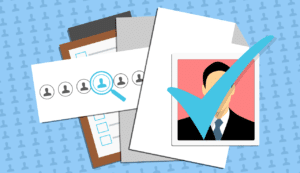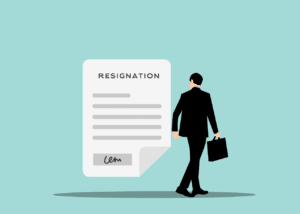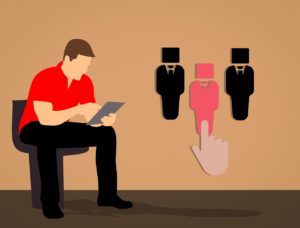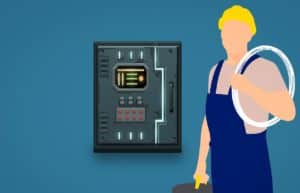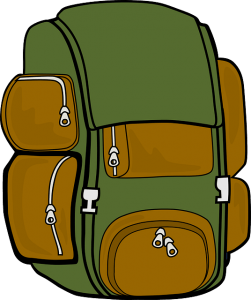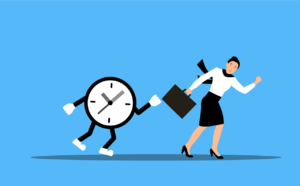This blog marks the first in a series of posts that focus on detailed interview tips. There are countless articles written about the broad subject of how to do well in an interview, but I’m genuinely hoping I can offer you some new and insightful advice that will help you clinch the deal. Let’s start with this first post on the importance of your body language during an interview.
While it may sound shallow, your physical attributes can make all the difference in your next job interview. I say ‘attributes’ instead of ‘appearance’ because physical appearance usually means how you dress. Attributes is a more flexible term, and to me it means appearance as well as your mannerisms and overall outward expression of your personality. This can be expressed in a number of ways, most of which adopt what we like to call ‘body language’.
Body language is the way we communicate without uttering a word. Our body movements, posture, and facial expressions are just some methods our body uses to speak to those around us. The significant thing about body language is that we can often be speaking loud and clear without even knowing what we’re saying. Our environment and upbringing can greatly influence the body language we express, and we might not even know we’re doing it. Have you ever had a parent or interfering relative comment on your strange posture or over-expressive hand gestures, or been told you do something odd with your eyebrow every time you’re annoyed? Resting bitch-face is another example where (most often) women complain that when daydreaming or staring into space they look angry. I remember being told by a co-worker that I wear my heart on my sleeve. This comment was given in the context of my very expressive body language. Luckily, it had nothing to do with a resting bitch-face!
Anyhow, whether we like it or not, we might have eccentric ways of expressing ourselves, and once habits are formed they can be difficult to break. That’s why it’s important to be honest with yourself before attending an interview so that you can ensure you don’t revert into any habits which may be off-putting to a potential employer. Here are three important things to remember about your body language in a job interview:
Posture
Bad posture can give signals to your interviewer that you have a bad attitude. The first impressions are always the most important, so make sure to enter the interview room with a posture that expresses enthusiasm. Slouching your shoulders gives off an ‘I don’t care’ attitude, while walking in too confidently suggests arrogance. Just walk in normally, with straight shoulders as much as possible. Hold your head straight but not with your nose angled towards the ceiling, and make your way to your seat. Smile, too. It’s not very complicated, but if you’re qualified for the job and have prepared for interview questions, little things like this can be easily forgotten. It might sound ridiculous that you might not get the job just because of the way you stand, but you have to remember that the person who is interviewing you is just that — a person. They have biases and pet peeves just like anyone else.
Eye Contact
Every article you read about interview body language will tell you to maintain eye contact for as long as possible. I disagree. Instead, just use eye contact when it is reasonable or appropriate to do so. It’s okay to look down at the contract or interview question sheet from time to time. Sure, don’t spend the entire time with your eyes nailed to the floor, but don’t gaze at them longingly either. The key to getting eye contact right in an interview is to maintain it when it feels natural to do so. Just imagine you’re sitting with a friend having a conversation — you don’t necessarily maintain eye contact with them 100% of the time, so why would you do it in an interview. When the interviewer is asking something directly, it’s good to have eye contact, but when they’re responding to your answers or making some sort of side note you can break it from time to time. Too much eye contact can make you seem a bit intense or obsessive, so ignore articles that tell you you have to maintain it most of the time.
Crossed Arms
Crossing your arms in an interview is a big no-no. If you have a habit of crossing your arms when trying to appear relaxed or at ease, you’re going to have to temporarily change this when you’re sitting across from the interviewer. Keeping your arms crossed does two negative things: it suggests defensiveness or resistance, like you’re trying to create a barrier between yourself and your potential employer, and it also makes you look like you have an attitude problem. While you might think of crossed arms as a perfectly harmless way of sitting comfortably, don’t forget that the person asking you the important questions don’t know you on a personal level. Therefore, it’s best to just sit with arms at your side or placed on your knee so you don’t give off the wrong impression.
Preparing for an interview can be stressful, and it can be overwhelming to try to remember to change your natural posture or mannerisms. There are already lots of things to remember when you’re getting ready to go to an interview, and adding these pointers to the list might seem like a hassle. However, you have to remember the importance of first impressions. Your body language can make as powerful a statement as the suit you’re wearing or the answers you provide, so ensuring you follow these tips is just as important as any of the other aspects of interview etiquette. Good luck in your search for a fulfilling career, and I hope this advice will get you one step closer to your dream job.
Until next month, folks.
References


